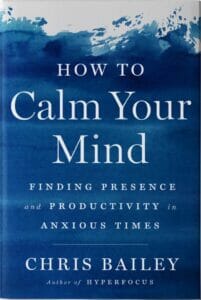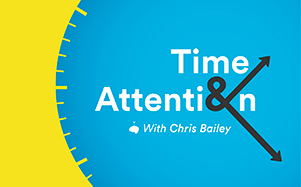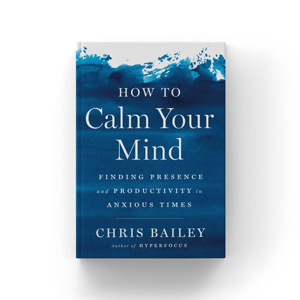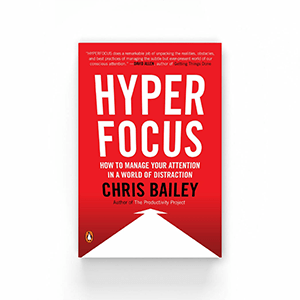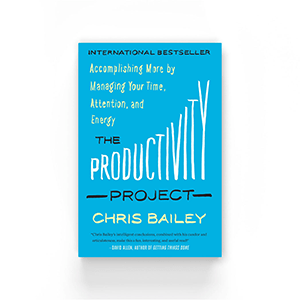Estimated Reading Time: 2 minutes, 20s.
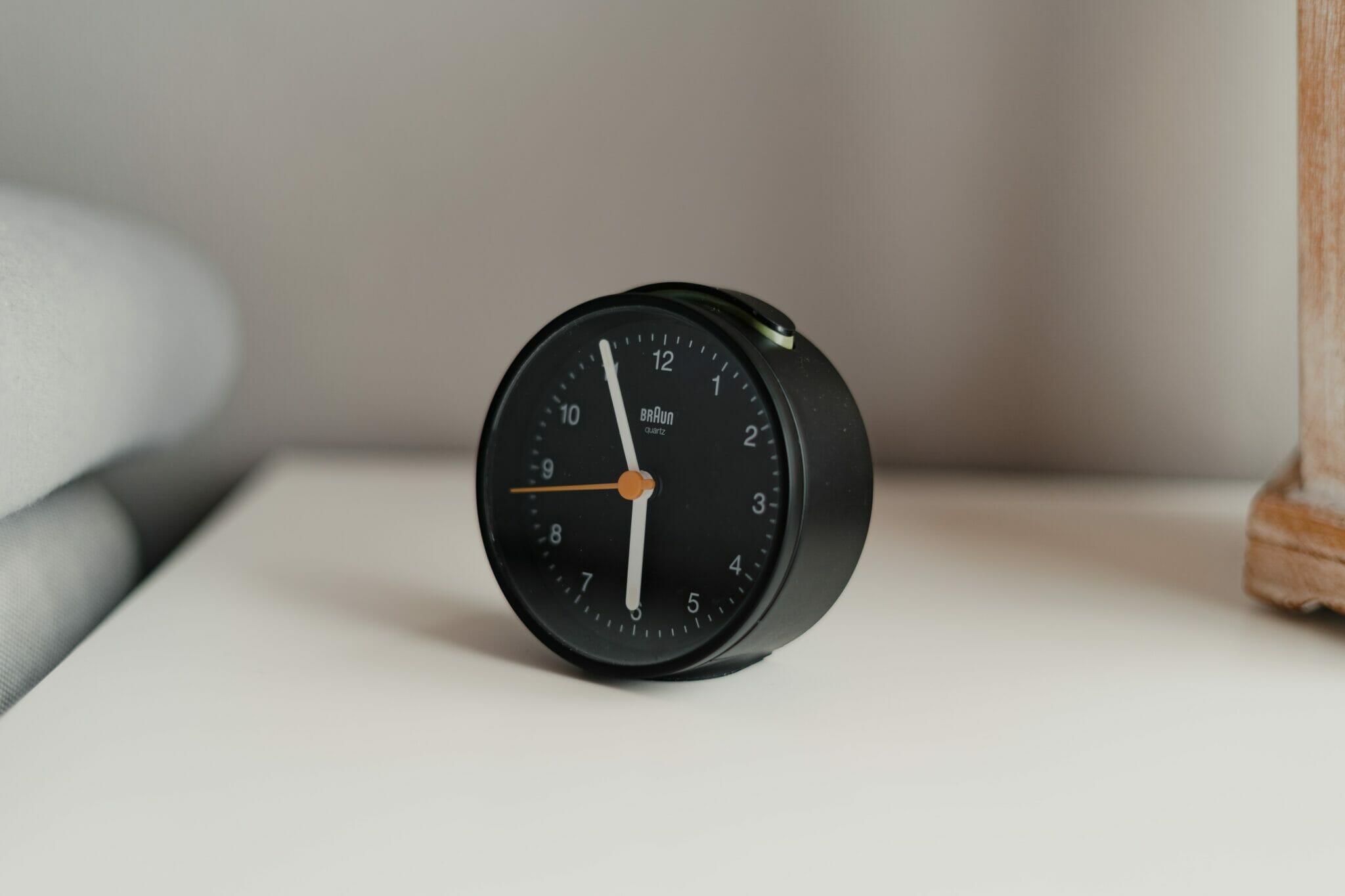
Here’s a simple experiment:
- Tomorrow morning, wake up with your phone. Use it as your alarm clock, and then lie in bed for a while hunting for digital novelty, bouncing between apps, and stimulating your mind. Wake up in the digital worldrather than the analog one.
- The following morning, wake up without your phone. Use some other alarm clock and banish your phone to another room. Go as long as possible without checking your devices. Spend your morning in the analog world rather than the digital one.
Then, notice the difference between the two days.
On the first day, you may observe how much more you distract yourself once the morning is through—how your distracting morning turns into a distracted day. On the second day, you may notice a feeling of calm, lower anxiety levels, and how much you intentionally get done as a result.
Tally all the differences you can between the two days. If you feel like it, conduct the experiment a few more times, alternating between digital and analog mornings to notice any further changes in your mind.
This experiment is simple. But you may be surprised by what you notice.
—
In exploring the research on anxiety and calm while writing How to Calm Your Mind, one lesson that stood out is how mental stimulation begets mental stimulation. The more we stimulate our mind—including through digital distraction—the more stimulation our mind then craves. Stimulating our mind releases dopamine, a neurotransmitter we crave once we get a hit of it. Research suggests that an over-reliance on distracting sources of dopamine can make us less present and more anxious.
Though we may feel productive when we distract and stimulate our mind, this stimulation is often a form of mental busyness: we move more things around than we do forward. We become less focused, productive, and calm—while also unwittingly leading ourselves to greater heights of anxiety.
Not turning to your phone first thing in the morning is a simple shift—one that may or may not make a sizable difference. This experiment has motivated me to not only use my phone less in the morning, but also in general. Stimulation begets stimulation, dopamine begets dopamine, and anxiety begets anxiety.
For me, not using it first thing in the morning breaks this cycle of anxiety.
These days my mornings are defined by what they don’t contain as much as what they do. Instead of reaching for my phone, I pick up a book if I have a few minutes to spare. I’m also more likely to meditate, read the paper, and practice piano. My mornings are slower and more meaningful as a result.
The more dopamine hits you turn to first thing in the morning, the more you’ll want to keep them coming. Remember the rule: calm mornings lead to deliberate days. Give it a try!
